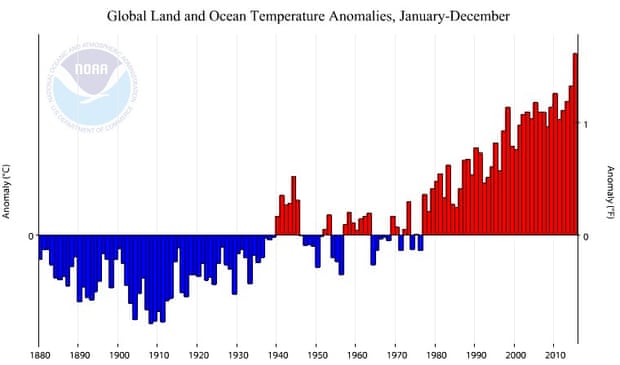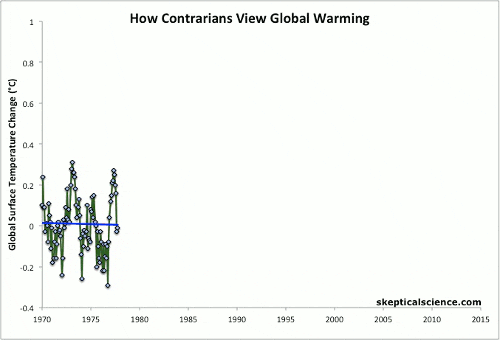Wyatt earp
Diamond Member
- Apr 21, 2012
- 69,975
- 16,411
- 2,180
Lmao.....
Climate forecasts may be flawed, says study
Perdictions of unprecedented rainfall extremes in the 20th century driven by global warming turned out wrong, a study said Wednesday, casting doubt on methods used to project future trends.
A massive trawl of Northern Hemisphere rainfall data for the last 1,200 years revealed there had been more dramatic wet-dry weather extremes in earlier, cooler centuries before humans set off fossil fuel-driven global warming.
This is problematic, said a study in the journal Nature, as the same data models used to anticipate that global warming would cause record rainfall extremes in the 1900s, are the basis for projections of things to come.
"It might be more difficult than often assumed to project into the future," the study's lead author Fredrik Ljungqvist of Stockholm University told AFP of the findings.
"The truth can be much, much more complicated."
The UN's climate science panel, the consensus authority, contends that dry areas will become ever drier and wet ones wetter as the global temperature rises in response to greenhouse gas emissions.
But the new work said sky-high temperatures in the 20th century did not directly translate into record extremes between wet and dry weather, as many had expected
Climate forecasts may be flawed, says study
Perdictions of unprecedented rainfall extremes in the 20th century driven by global warming turned out wrong, a study said Wednesday, casting doubt on methods used to project future trends.
A massive trawl of Northern Hemisphere rainfall data for the last 1,200 years revealed there had been more dramatic wet-dry weather extremes in earlier, cooler centuries before humans set off fossil fuel-driven global warming.
This is problematic, said a study in the journal Nature, as the same data models used to anticipate that global warming would cause record rainfall extremes in the 1900s, are the basis for projections of things to come.
"It might be more difficult than often assumed to project into the future," the study's lead author Fredrik Ljungqvist of Stockholm University told AFP of the findings.
"The truth can be much, much more complicated."
The UN's climate science panel, the consensus authority, contends that dry areas will become ever drier and wet ones wetter as the global temperature rises in response to greenhouse gas emissions.
But the new work said sky-high temperatures in the 20th century did not directly translate into record extremes between wet and dry weather, as many had expected


